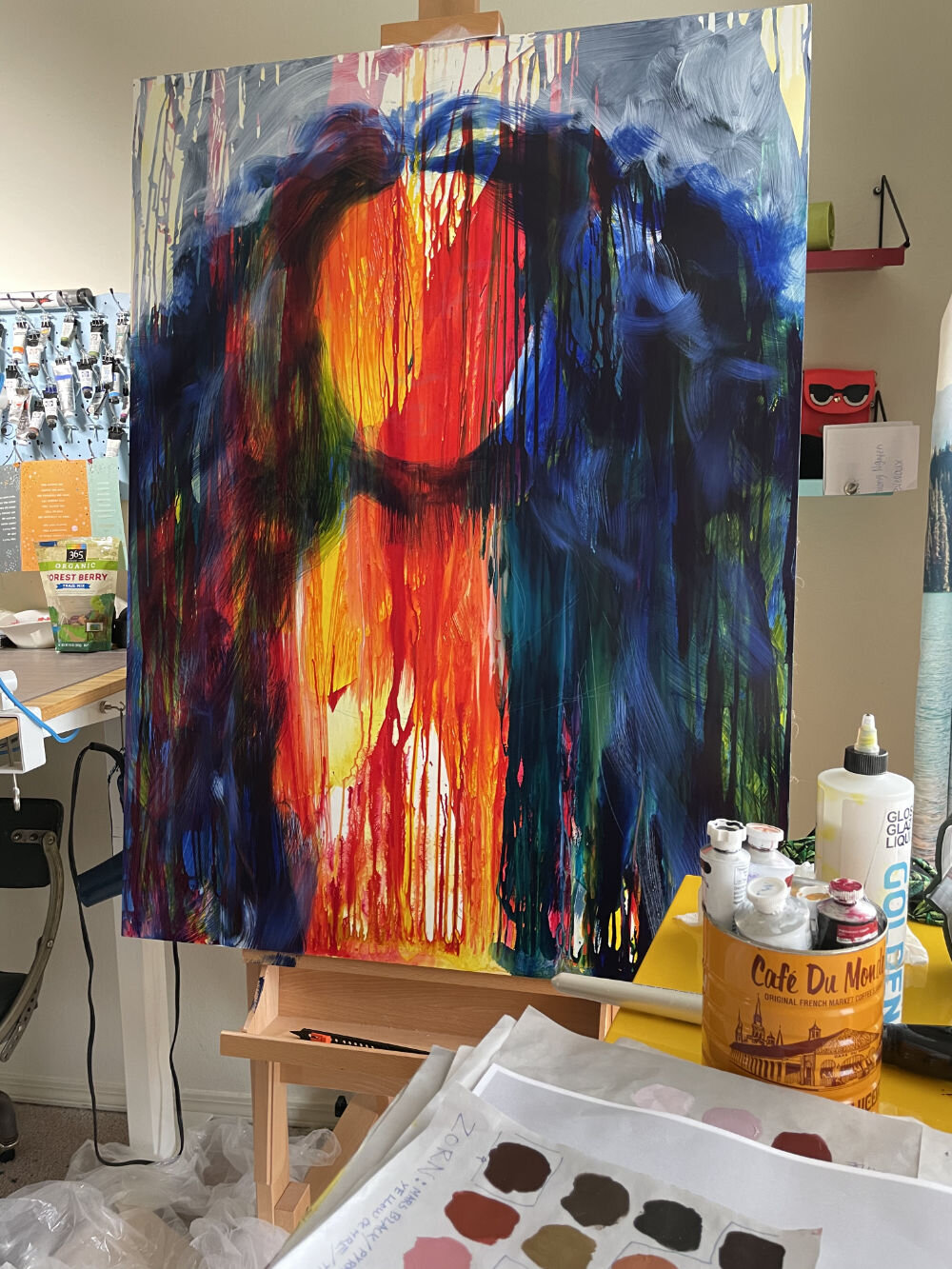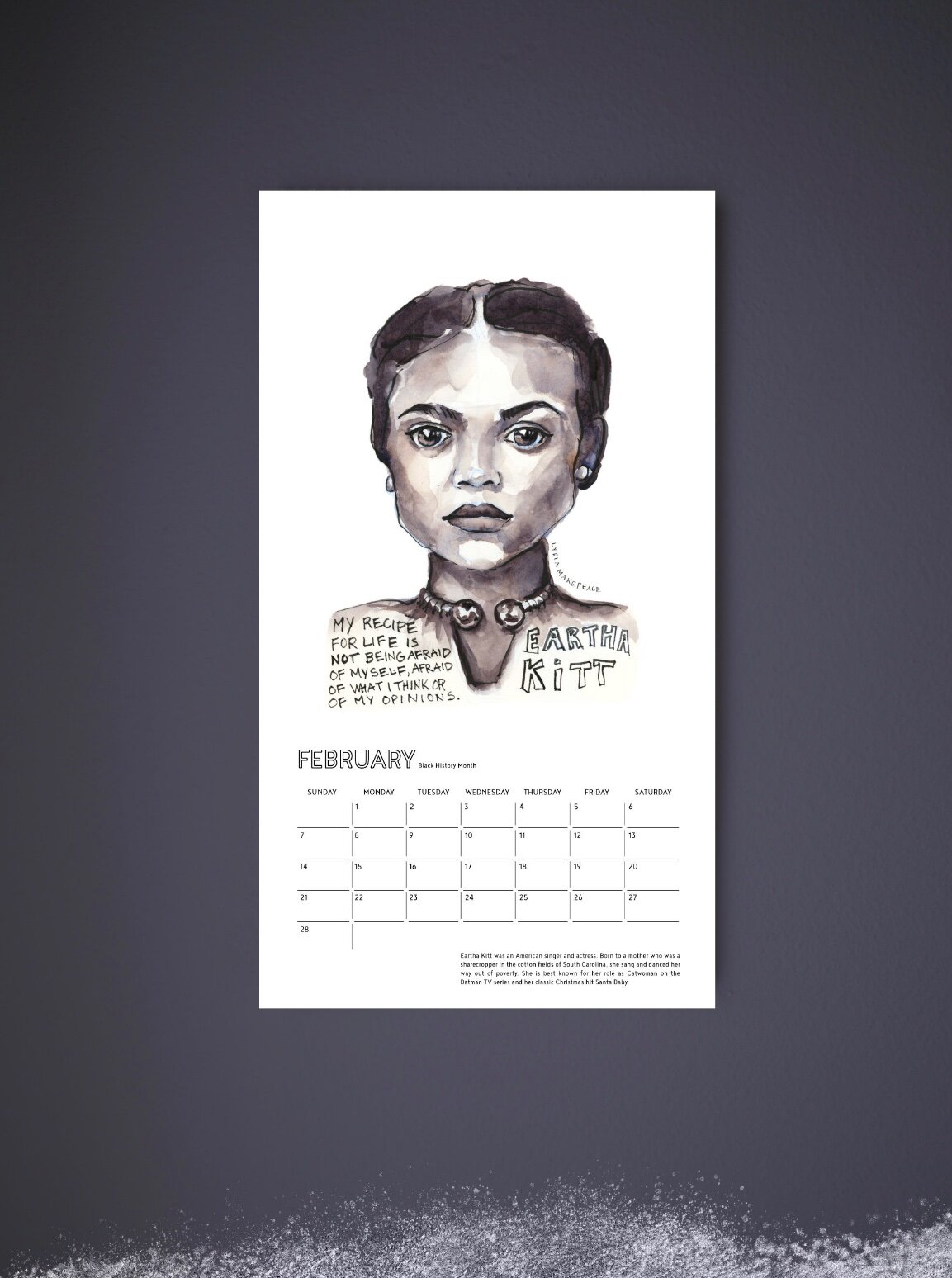Affirm Black Women Portrait Series: Assata Shakur
“It is our duty to fight for our freedom.
We must love each other and support each other.
We have nothing to lose but our chains.”
On May 2, 1973 Assata Shakur was pulled over on the New Jersey Turnpike with two fellow members of the Black Liberation Army (BLA). They were dubiously stopped for a broken tail light. Later evidence revealed that the three had been racially profiled and specifically targeted for their political activism as part of the FBI’s COINTEL program. Shortly after being pulled over shots were fired killing one of Shakur’s companions and a police officer.
Shakur who had also been shot and seriously wounded was subjected to interrogation, torture, and denied access to a lawyer while fighting for her life cuffed to a hospital bed. She survived but was eventually convicted of murder in 1977 and sentenced to life in prison despite no evidence of her firing a weapon. Shakur’s hands were up in surrender when she was shot in both arms and a shoulder by the police.
In 1979 BLA members helped Assata Shakur escape from prison and travel to Cuba where she was granted political asylum and has been living since 1984. On the 40th anniversary of her arrest in 2013 the FBI added Shakur to its Top 10 Most Wanted Terrorists list with a $2 million award for her capture. She was the first woman ever added to this list.
In a courtroom opening statement Assata Shakur described the work of the movement to which she dedicated her life:
The Black Liberation Army is not an organization: it goes beyond that. It is a concept, a people's movement, an idea. The concept of the BLA arose because of the political, social, and economic oppression of Black people in this country. And where there is oppression, there will be resistance. The BLA is part of that resistance movement. The Black Liberation Army stands for freedom and justice for all people.
View the complete Affirm Black Women portrait series here













“…I have dedicated my career to ensuring that the words engraved on the front of the Supreme Court building— ‘Equal Justice Under Law’—are a reality and not just an ideal.” — Ketanji Brown Jackson